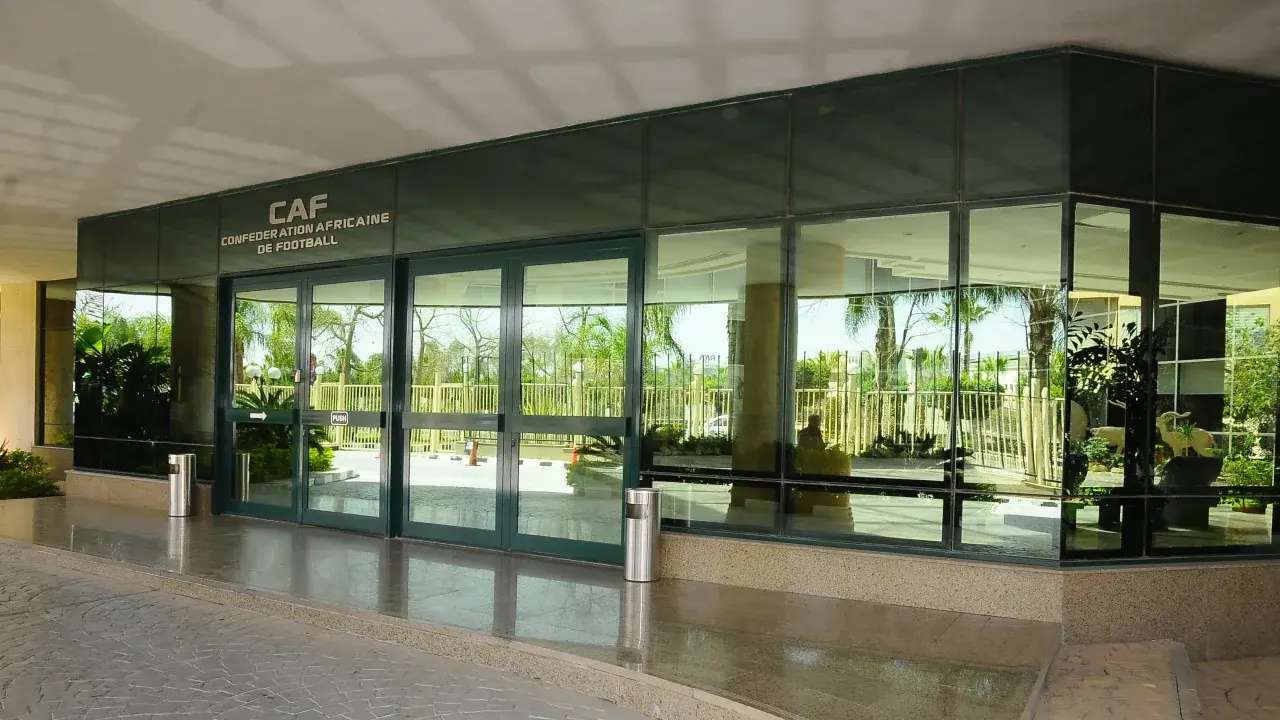Nigeria Roundup: Money laundering, Nigeria-Lybia clash, aircraft shortages

Health implications of sugary drinks
Experts have called for heavy taxation on Sugary drinks, or Sugar-Sweetened Beverages (SSBs) to reduce health implications on Nigerians. These SSBs pose significant health risks to Nigerians, contributing to non-communicable diseases (NCDs) such as diabetes, hypertension, and cancer, PM News Nigeria reports. Despite their appealing taste, SSBs are likened to "beautifully packaged poison" that gradually harms consumers. With approximately 11 million diabetics and Nigeria being the fourth largest consumer of SSBs, urgent action is needed. A recent training by Corporate Accountability and Public Participation Africa (CAPPA) revealed the detrimental impact of SSBs on public health and the economy.
Money laundering
Nigeria has dropped money laundering charges against Binance executive Tigran Gambaryan, allowing him to seek medical treatment abroad. Gambaryan, who has been detained since February and faces accusations of laundering over $35 million, denies the charges. The Nigerian government plans to proceed with the case against Binance itself. Separate tax evasion charges against Binance remain active, which the company also denies, according to US News.
Nigeria-Lybia clash
The Confederation of African Football (CAF) is set to announce its verdict on the controversial AFCON Group D qualifying match between Libya and Nigeria, originally scheduled for October 15. The match was moved last minute, and the Nigerian team faced severe disruptions, including being held hostage by Libyan authorities after their flight was diverted. Punch reports that this incident prompted the Nigeria Football Federation to file a complaint with CAF, which has been put on hold pending disciplinary review. Stakeholders in Nigerian football, including former officials, are calling for heavy sanctions against Libya, arguing that their actions were retaliatory and inhumane. There is widespread expectation among Nigerian football associates for CAF to take decisive action to ensure accountability and foster fair play in African football.
Aircraft shortages
Boeing and Airbus delivery delays are exacerbating aircraft shortages in Nigeria, where domestic airlines are struggling with high costs and limited access to leasing options. Supply chain issues, a Boeing strike, and geopolitical conflicts have disrupted aircraft supply. Stakeholders highlight that rising insurance costs and foreign exchange shortages are making acquisition and maintenance prohibitively expensive for Nigerian carriers. With many aircraft grounded for maintenance, the operational fleet has dwindled to under 40, Business Day reports. Aviation Minister Festus Keyamo announced improvements in Nigeria's aviation rating, which could facilitate access to dry lease aircraft, although older models may dominate due to lingering supply chain challenges. Industry experts stress the need for stronger government support to help local airlines compete against major international carriers.
Luxury goods
Swarovski has officially launched its flagship store in the Palms Mall, Lagos, solidifying its commitment to Nigeria's growing luxury market. Partnering with Polo Limited, the luxury goods company, Swarovski aims to cater to Nigeria's affluent demographic with exceptional quality and elegant designs. The store’s opening marks a significant milestone in the brand's African expansion, highlighting its confidence in the region's appetite for high-end goods. The launch follows a successful three-day tour featuring global partners and showcases Swarovski's intent to mix global heritage with localized marketing. The brand emphasizes sustainability and ethical practices in its operations. With three stores now in Nigeria, Swarovski is poised to establish itself as a leading luxury brand, offering a unique shopping experience that reflects sophistication and modern trends, according to This Day Live.